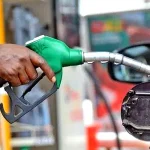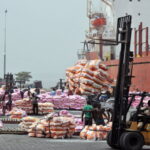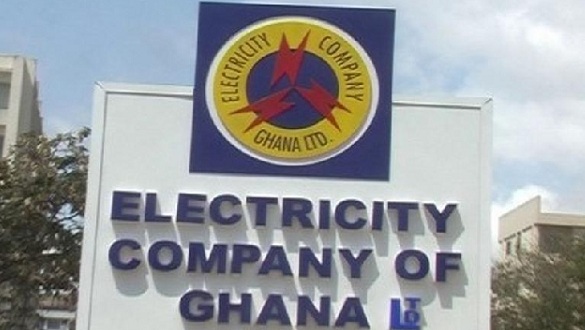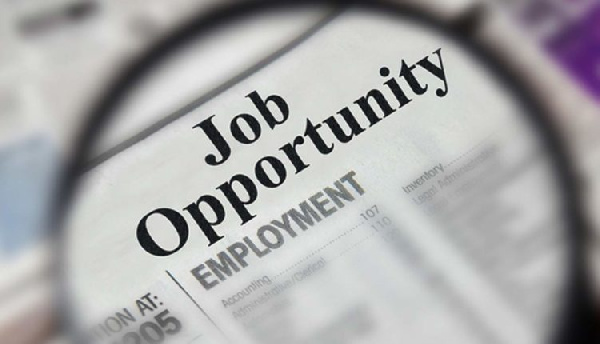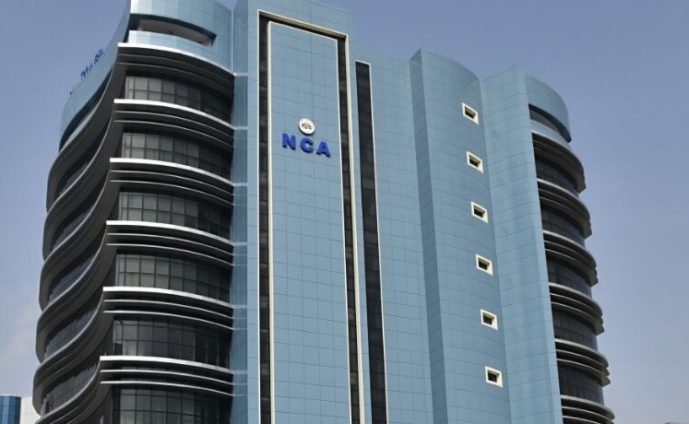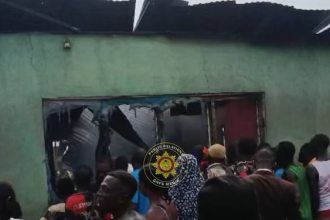Government says it will introduce more taxes, although some analysts have said Ghanaians are suffering as a result of the Covid_19 pandemic.
Deputy Finance Minister-designate, Abena Osei-Asare revealed that the government will embark on an aggressive domestic revenue mobilization drive to mitigate the impact of COVID-19 on the economy.
“Government will introduce tax policies between 2021 and 2023 to bridge the deficit created by the impact of COVID-19,” she stated emphatically.
She said the government was aggressively working to increase the country’s gross domestic product (GDP) from 13% to 20% by the end of 2023.
Speaking at an event organized by the Ministry of Parliamentary Affairs, under the theme ‘Economic Revitalisation Amid COVID-19 Pandemic: The Civil Society Organisations’ Perspective’, she said gaming would be a prime focus in revenue generation.
Because of that, the Interior Minister has been tasked to develop a gaming policy to raise some revenue from the sector.
The government is also targeting road tolls to embark on road infrastructure development.
Meanwhile, the Minority in Parliament has threatened to shoot down attempts by the government to increase tolls.
“We agree with the government that we must get more resources to the road ministry to improve our roads. We’ll support the government in that endeavour, but we shall not support the government to increase road tolls unless government is able to cap road funds.
“Until that time, they cannot get the support from our side of the House to increase road tolls,” a Minority spokesperson on Roads and Transport, Kwame Agbodza, told a press conference recently.
Recently introduced taxes
The 2021 budget was dominated by taxes and levies meant to shore up revenue for development, considering the adverse impact of the pandemic.
At least six taxes are on the table, which includes:
- Energy Sector Recovery Levy of 20 pesewas per litre on petrol/diesel under
- Sanitation and Pollution Levy (SPL) of 10 pesewas
- COVID-19 levy of 1% on National Health Insurance Levy (NHIL)
- COVID-19 tax of 1% on VAT
- Financial sector clean-up levy of 5% on profit-before-tax of banks
- Road tolls review
- Gaming tax
Taxes in the energy sector have increased fuel prices, resulting in a 13% rise in transport fares.
The ripple effect is the rise in living costs and increments in the cost of goods and services.
But Finance Minister Ken Ofori-Atta had justified the taxes and highlighted the need for Ghanaians to learn to share the burden.
“I think the question of taxes can be an independent question. We have proposed a number of taxes that would affect petroleum which will lead to revenue for the Energy sector.
“We also have a huge sanitation problem, and I think that is a health hazard for the days. We are moving forward, and there is a battle cry for us to join hands towards growth and transformation.
“We need to create a society that we share the opportunities as we grow and also be able to share the burden,” he said referring to the “ WƆN YA WƆ HIƐƐ ” budget which the government has designed for consolidation, completion and continuation.









